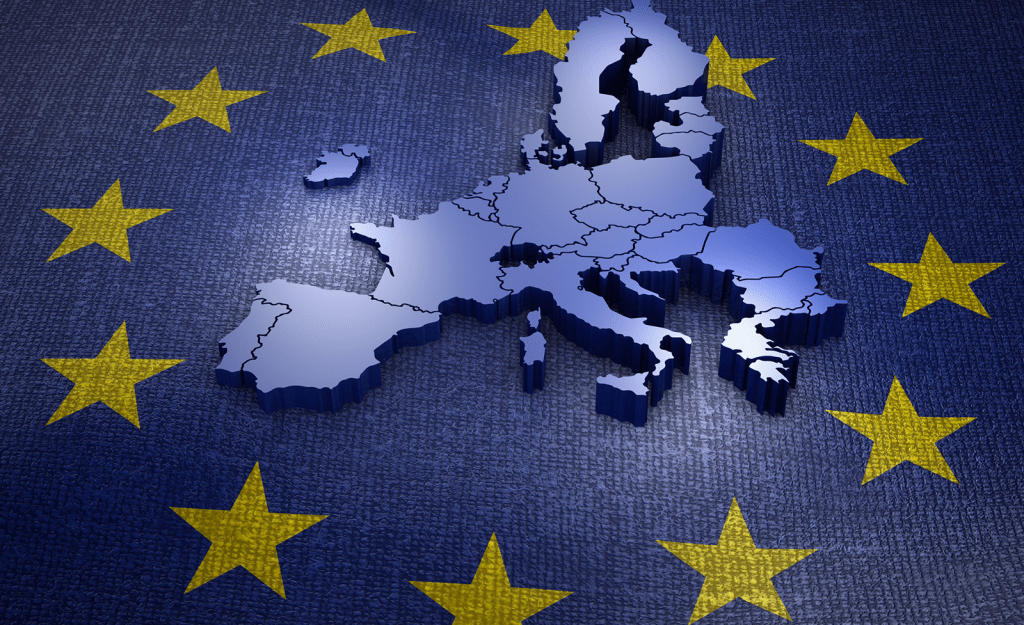State aid control in the European Union (EU) will enter a new stage in the current year, once several provisions come into force, according to a report by the World Trade Organization (WTO).
First and foremost, a new element of subsidy control is Regulation (EU) 2022/2560 on foreign subsidies, which will apply from July 12, 2023, six months after its entry into force.
Notification requirements with regard to mergers and public procurement procedures will apply from October 12, 2023.
According to the WTO, the proposal aims to fill a legislative gap and restore a level playing field in mergers, procurement and other market situations.
To date, subsidies granted by third-country governments to economic operators active in the Union have hardly been monitored, while those granted by EU member states are subject to extensive scrutiny.
The European Commission will be empowered to investigate financial contributions granted by public authorities of third countries that benefit companies exercising an economic activity in the EU and to remedy, if necessary, their distortive effects.
State aid
In the EU, subsidies are regulated through the state aid control system managed by the European Commission, and in a manner that is fully consistent with applicable WTO rules.
The EU-wide regime ensures that subsidies are authorized on the basis of uniform criteria, following an assessment of their necessity, proportionality and effects on trade and competition.
As a result, the distorting effects of subsidies are minimized while maximizing their positive effects on public policy objectives.
In addition, subsidies granted at the EU level, while not subject to the state aid approval process, are designed to follow the same principles.
Transparency is a key feature of state aid control in the EU. State aid decisions, amounts, beneficiaries, objectives and aid instruments are centrally collected and published in the EU State Aid Scoreboard.
In 2020-2021, several EU State aid guidelines were reviewed and updated.
Regular updates aim to ensure that the guidelines continue to reflect economic and policy developments, such as the EU Green Deal.
In 2020-2022 specific temporary rules were in place to address the economic consequences of the Covid-19 outbreak.
Since 2022 there have been temporary rules allowing Member States to support the economy in the context of Russia‘s war of aggression against Ukraine.

